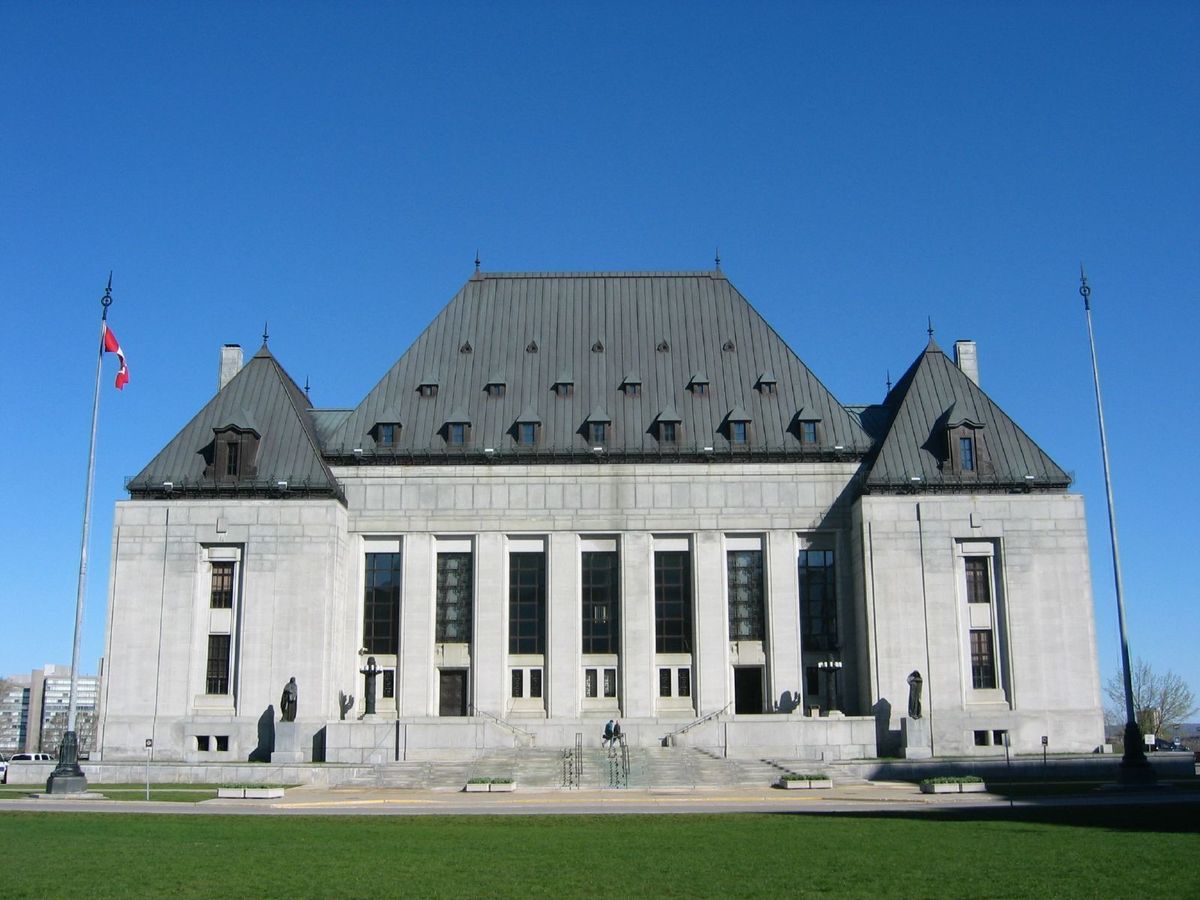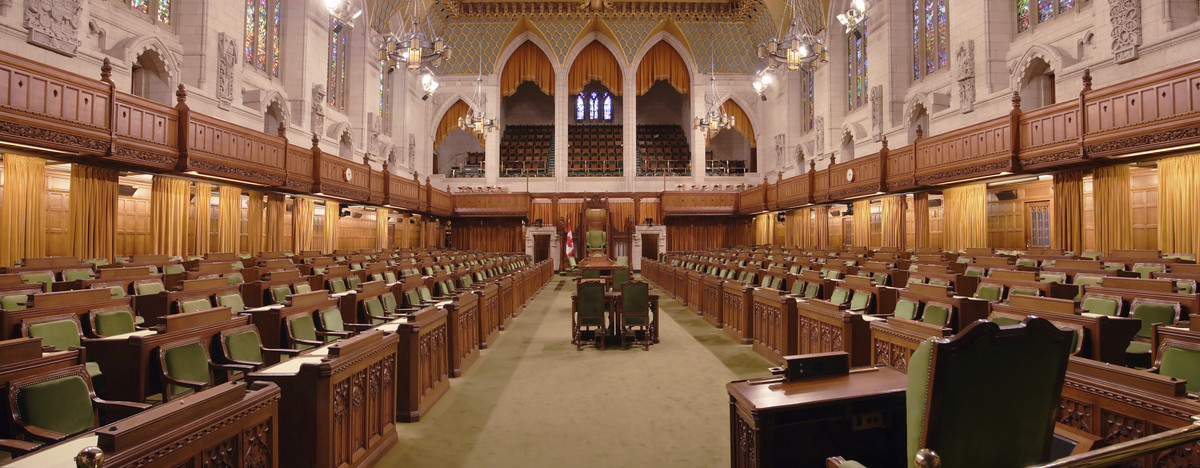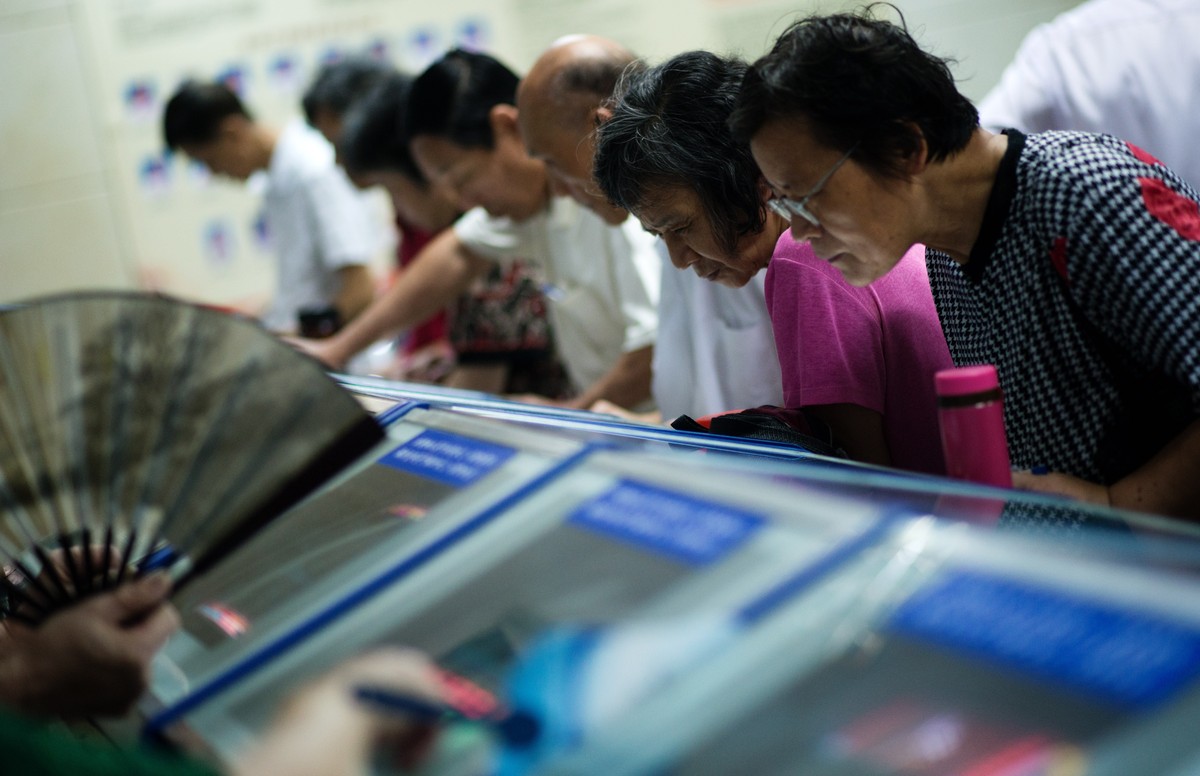Foreign multinational could assume control without reimbursing Canadian farmers, taxpayers
Canadian Wheat Board prepares for corporate takeover
Janyce McGregor
CBC News : December 1, 2014
They called it “Marketing Freedom Day”: Prime Minister Stephen Harper stood in a Saskatchewan field and vowed that Prairie grain farmers would “never, never again” suffer at the hands of the Canadian Wheat Board.
What the politicians weren’t saying in 2012, when the monopoly that controlled where farmers could sell their product sank into the horizon, was that the liberation wouldn’t stop there.
Farmers and Canadian taxpayers will soon be completely free of the wheat board’s assets — but not with a conventional sale.
Under a sort of reverse-nationalization plan now taking shape behind closed doors, a private-sector investor will assume control without reimbursing the federal treasury for assets Canadians paid for, or at least indirectly financed.
Little is known about the board’s current financial health, because Agriculture Minister Gerry Ritz exercises power given to him in 2011 to withhold information “detrimental to commercial interests.”
A report Ritz submitted to Parliament last July contained no financial statements. Many big players in the international grain business aren’t publicly traded.
How did this happen?
2011’s Marketing Freedom for Grain Farmers Act gave a revamped wheat board — purged of farmer-elected directors and now run by a board of Harper government appointees — until 2016 to come up with a privatization plan and until 2017 to implement it. Otherwise, it will be dissolved.
Stephen Harper ends wheat board
Prime Minster Stephen Harper celebrated with Kindersley, Sask., farmers Robin, left, and Brenda Walde, right, on Aug. 1, 2012: the first day Canadian wheat, durum and barley growers were free to sell their grain on an open market. (Liam Richards/Canadian Press)
Parties involved in the talks are bound by confidentiality agreements.
The board’s website says it is “fast-tracking” and “intends to beat that deadline.”
President Ian White, who’s overseen recent purchases of new grain-handling facilities, wants to accelerate the process for fear the organization will be wound up.
With an uncertain future, farmers may be reluctant to sell it their grain. Post-monopoly, CWB has needed help from larger grain companies.
‘You can get cash from the sale of something, or you can get a return over the years as the economy grows.’- Agriculture Minister Gerry Ritz
The board wants a large, international player as its majority partner. Any investment from that partner will remain within the newly privatized company it controls.
And grain farmers participating in a new farmer equity plan will have only a minority stake.
Fast-tracking could also see a deal before the next federal election. But this is not the sort of privatization that helps balance government books
(read the full article at CBC)
—
Alternative Free Press -fair use-








